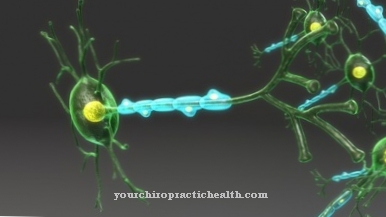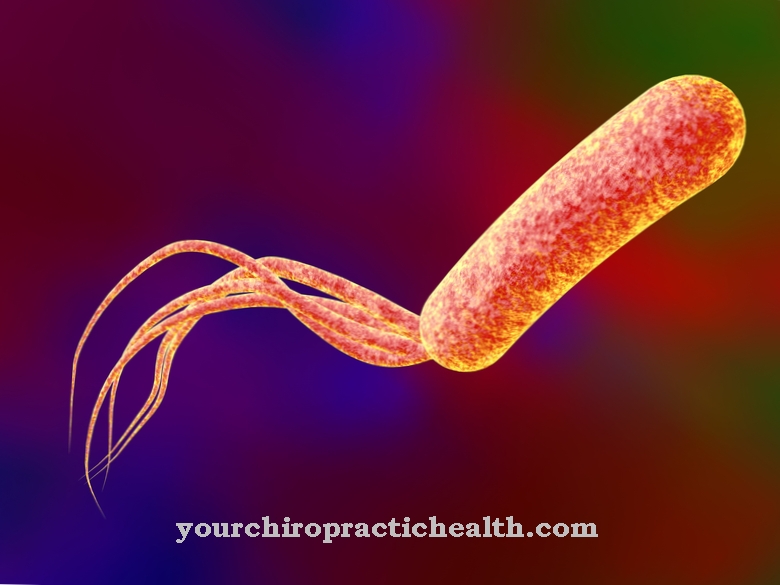It is one of the vital hormones, the overproduction and deficiency of which can have serious consequences. We're talking about insulin.
What is insulin
insulin a hormone, also known as a messenger substance, is of particular importance. Not least because no other hormone can replace it, it is essential for human survival. Insulin is not only found in humans, but also in all other vertebrates, which with their 58,000 known species represent the majority of all animals living on earth.
Insulin is a protein, also called protein. Like all other proteins, insulin also consists of a chain of different amino acids. There are two amino acid chains in particular; one chain consists of 21, the other of 31 amino acids, which are strung together.
At the beginning of its synthesis, insulin consists of a total of three chains. Insulin loses its last chain until it is finally manufactured. Insulin is produced by the pancreas. More precisely, they are the so-called beta cells in a specific section of the pancreas, also called islets of Langerhans.
Examine & measure insulin levels
When examining the insulin- In a person's household, doctors choose a reverse approach. Instead of examining the insulin levels themselves, they examine the blood sugar levels.
If these are higher than the tolerance range for normal values allows, doctors assume that the insulin level is too low. Conversely, excessively low blood sugar levels are evidence that insulin is produced in excessively high amounts and consequently occurs in excessively high concentrations in the blood plasma. This conclusion is based on the fact that only insulin is able to influence the blood sugar values in significant quantities, which allows a direct conclusion of the blood sugar values to the insulin values.
In order to rule out possible falsifications, the patient must appear on an empty stomach for blood sampling. Because if he took carbohydrates such as sugar before the blood test, his (healthy) body would produce more insulin, which would falsify the comparison of his blood sugar values with the normal values. The normal blood sugar levels in fasting patients are 70–99 mg / dl.
Shortly before taking a meal, when the person is hungry, the blood sugar is in the low range, which is why the body does not produce any additional insulin. The body only releases insulin after a meal so that it can use the carbohydrates ingested. The amount of insulin released depends on the proportion of carbohydrates or sugar in the meal. The body of a healthy adult produces around two grams of insulin throughout the day.
Function, effect & tasks
The main task of the messenger substance insulin lies in regulating the amount of sugar in the blood. Humans ingest carbohydrates through food, which also include all types of sugar.
In the intestine, the different types of sugar are broken down into simple sugars, which are called glucose. It enters the blood plasma as an energy supplier. In order to get into the tissue, namely into the muscles and the liver for the purpose of utilization and storage, insulin is required. In its function as a key factor, it "opens" the cells so that the sugar can get inside.
While muscles use them for combustion, i.e. energy production, they are stored as a reserve in the liver, which absorbs around half of the total blood sugar. The antagonist of insulin is the hormone glucagon. Its task is to transport stored sugar components that have been fed into the liver, for example, back into the blood plasma.
It should reach muscles via the bloodstream, where it can be used as an energy supplier. Like insulin, it is produced by the islets of Langerhans in the pancreas, but not by the beta cells, but by the alpha cells found there.
Diseases
In connection with the insulin various diseases can occur. The most relevant are diabetes and hypoglycemia (low blood sugar).
In the case of diabetes mellitus, where types 1 and 2 are differentiated, it is roughly a deficiency or utilization problem with insulin. Either the body does not produce the messenger substance in the necessary quantity or the cells have lost their sensitivity to insulin, that is, they do not react to the messenger substance, even if it were available in sufficient quantities. The consequence of the deficiency or resistance to insulin is that the blood sugar levels would rise in an uncontrolled manner.
There is no cure, but the lack of insulin can be compensated by external injections of insulin preparations. The opposite of insulin deficiency is hypoglycemia. Here the body either produces too much of the hormone or the body is too sensitive to insulin. The result is the same: The blood sugar levels drop in life-threatening concentrations (hypoglycaemia).

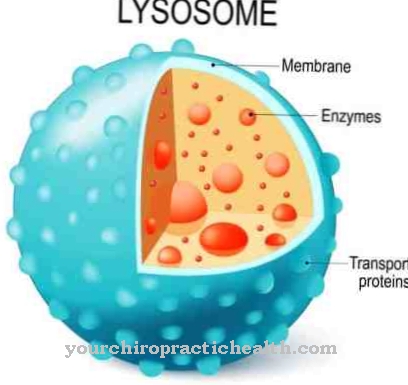
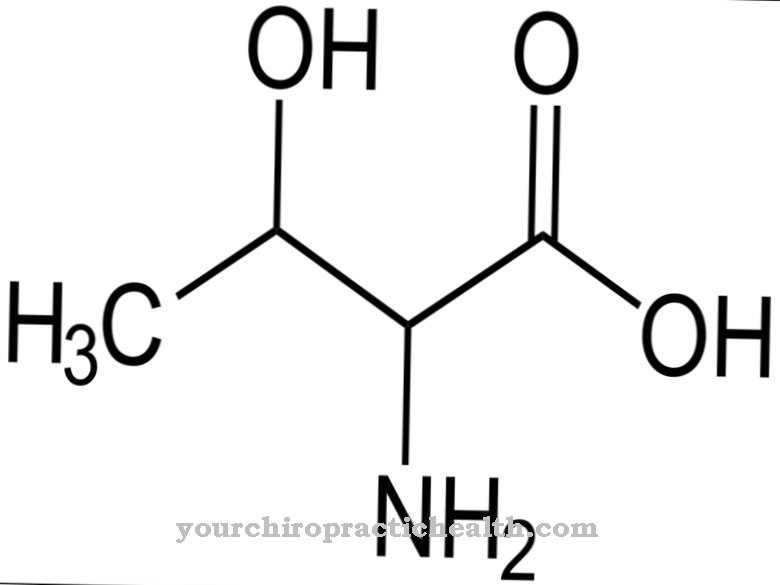

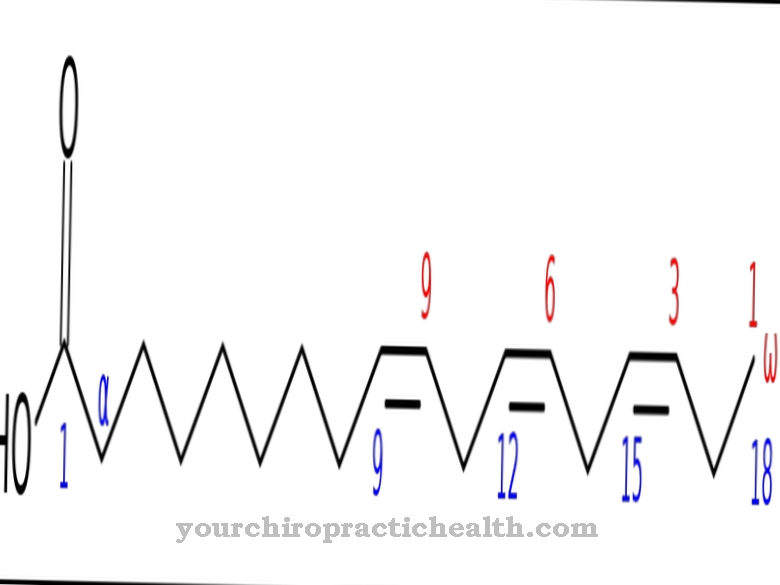



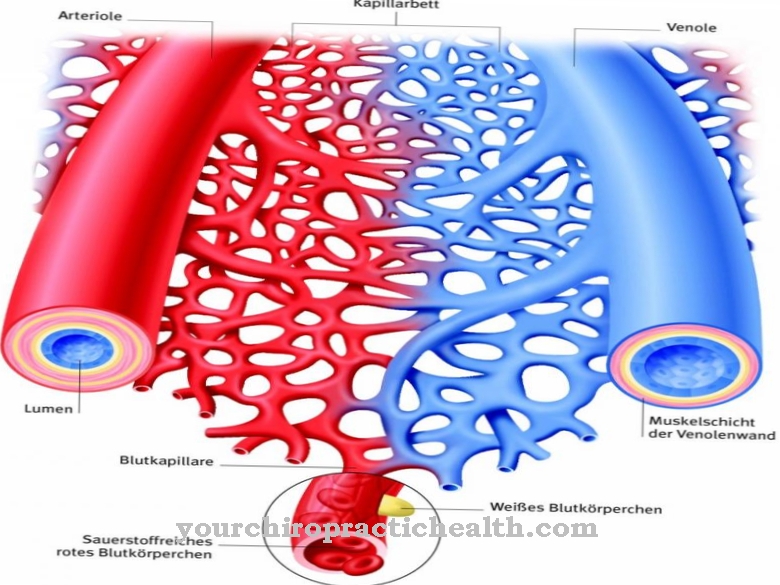





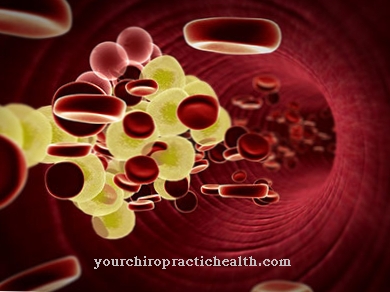


.jpg)


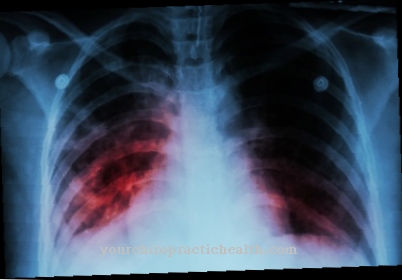
.jpg)

.jpg)

